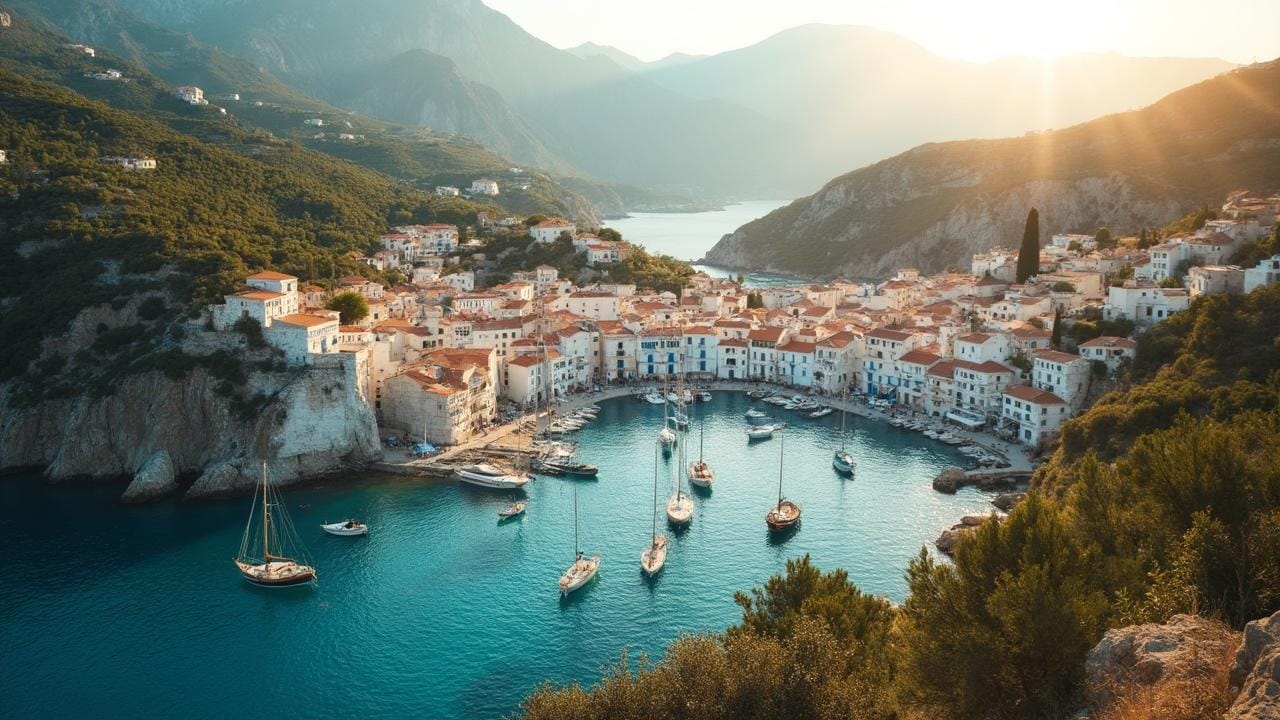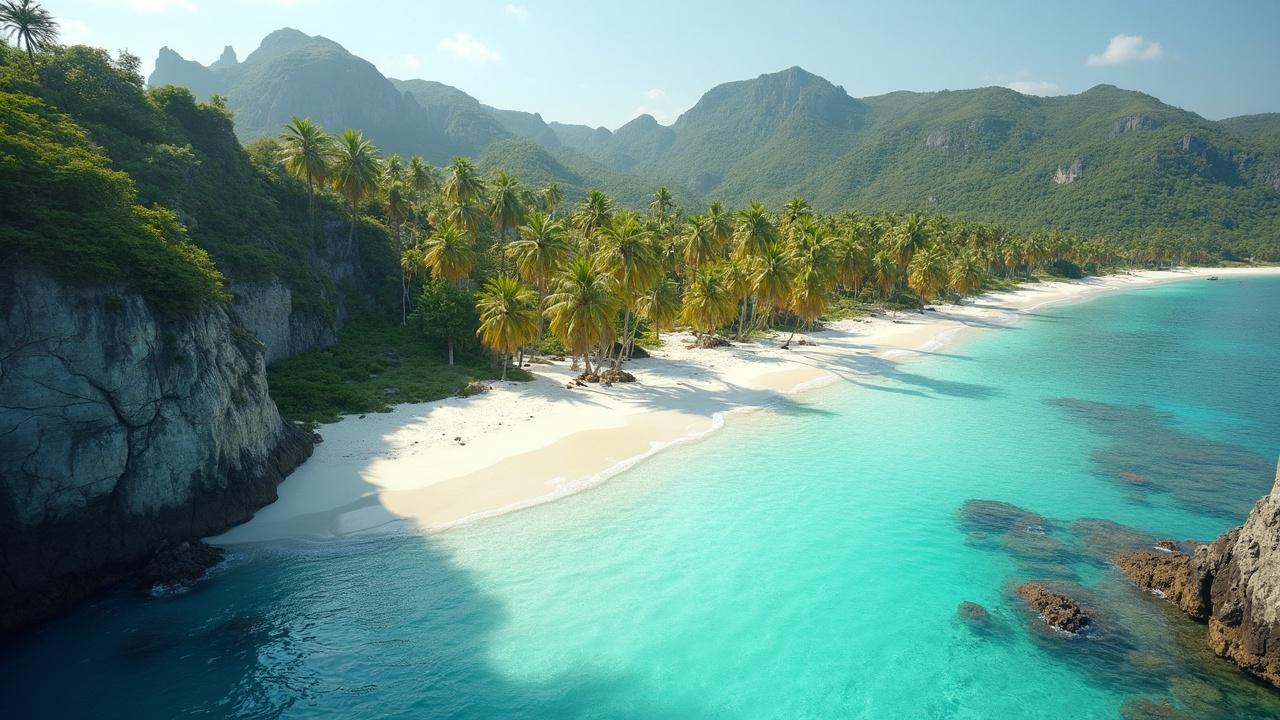Traveling to Hawaii offers an unparalleled opportunity to experience breathtaking natural beauty, vibrant culture, and rich biodiversity. However, the increasing footprints on these islands have sparked a crucial conversation about sustainable travel.
As someone who’s wandered through regions from the frosty peaks of Nepal to the bustling streets of Chiang Mai, I’ve witnessed first-hand the impacts of tourism.
Reflecting on these experiences, I see that Hawaii stands out as a place where the essence of responsible travel can genuinely make a difference. By embracing sustainable tourism practices, we honor the Aloha spirit, ensuring that Hawaii’s treasures remain vibrant for generations.
In this article
Malama Hawaii: take a trip that gives back
Embarking on a journey to Hawaii with the mindset of Malama (meaning to take care of, protect, and maintain) is not just a way to travel; it’s a powerful commitment to preserving the islands’ natural beauty and cultural heritage.
Sustainable travel in Hawaii isn’t a trend—it’s a movement towards creating a harmonious balance between exploring and conserving.
Starting with eco-friendly accommodations, I’ve stayed in a bamboo hut amid a lush Hawaiian garden. Using solar power and rainwater collection systems, this spot showed me how accommodations could dramatically minimize their carbon footprint.
This is a practice more travelers should seek out: staying in places that support local businesses and communities rather than international chains that often siphon profits away from the islands.
Delving into cultural immersion, I recall joining a community-led beach cleanup. This didn’t just help clear plastic debris; it was a lesson in the importance of ‘āina (land) to the Hawaiians and a moment of connection with people dedicated to safeguarding their homeland. It made clear the potential tourists have to contribute positively.
Participating in a reforestation project was transformative for conservation efforts. Planting native trees contributed to habitat restoration for endangered species, and we helped offset carbon emissions—a double win for the environment and a profound way to leave a positive mark on the island.
Hawai’i travel tips: ocean conservation
The oceans around Hawaii are marvels of life—from majestic humpback whales to vibrant coral reefs. As a visitor, I am immensely responsible for respecting and protecting these waters.
Choosing reef-safe sunscreens is a simple yet significant action. Witnessing the delicate balance of marine ecosystems on my dives around the Big Island underscored the critical need to avoid chemicals harmful to coral.
Supporting ethical marine tours shapes a responsible approach to enjoying Hawaii’s marine life. Opt for operators prioritizing wildlife protection and educating tourists about the ocean’s ecosystem. It’s inspiring to see sea creatures up close while ensuring their safety and well-being.
Another vital practice is snorkeling and diving responsibly. Since contact with coral can cause lasting damage, maintaining a safe distance protects these fragile organisms. It’s a simple gesture of respect for nature’s intricacies.
Remember, these actions go beyond personal responsibility; they contribute to a collective effort for ocean preservation, which is urgent given the threats of climate change and pollution. By taking these steps, we not only enjoy Hawaii’s natural beauty but also partake in its preservation.

Eco-tourism experiences in Hawaii
Hawaii’s diverse ecosystems offer unique eco-tourism experiences that can deepen any traveler’s appreciation for nature and culture. From birdwatching in the lush forests of Kauai to volcano hiking on the Big Island, each activity offers a chance to connect with the environment meaningfully.
On one unforgettable hike, I trekked through the verdant valleys of Maui, guided by a local who shared stories of the island’s gods and legends.
It was an immersive way to learn about Hawaiian culture, deeply entwined with the land. Such experiences highlight the importance of choosing tours that respect and contribute to local communities.
Here are a few eco-tourism highlights in Hawaii :
- Wildlife Sanctuaries: Home to endangered species like the nēnē goose and the Hawaiian monk seal, visiting these sanctuaries supports conservation efforts.
- Agricultural Tours: Learn about traditional and sustainable farming practices, including taro patches—a Hawaiian diet and culture staple.
- Astronomy Experiences: Observing the stars from Mauna Kea, you’re not just witnessing the universe’s wonders but also participating in a practice deeply rooted in Hawaiian navigation traditions.
These excursions enrich your travel experience and support the local economy and conservation efforts. They are a testament to Hawaii’s commitment to sustainable tourism and a model for travelers seeking to explore with purpose and respect.
Find eco-friendly tour operators and more
Finding the right tour operators in Hawaii who align with your values of sustainability and respect for local cultures can significantly enhance your experience.
On my travels, I’ve learned the importance of partnering with businesses beyond the mere transactional nature of tourism. I seek those committed to ethical and environmental standards.
For those looking to dive deeper into Hawaii’s rich marine life, visiting Punaluu Black Sand Beach offers the beauty of its unique sands and insights into responsible tourism practices that protect such pristine environments.
Consider certifications or memberships with reputable sustainable tourism organizations when choosing a tour operator. These businesses often contribute a portion of their earnings to local conservation projects or community initiatives, ensuring your visit has a positive impact.
Here are questions to consider when selecting a tour :
- Is the company locally owned and operated?
- Do they have any environmental or cultural sensitivity training for their guides?
- How do they contribute to the local community or conservation efforts?
By asking these questions, we ensure a more enriching travel experience for ourselves and support practices that keep Hawaii’s islands thriving and resilient in the face of global tourism pressures.
Striving for sustainable travel is not just an ethical choice; it’s a way to express gratitude and respect for the incredible destinations we can visit.
In our global journey towards responsible tourism, let Hawaii be a shining example of how travel can be both immensely fulfilling and sustainably minded.
By embracing these practices, we truly honor the essence of the Aloha spirit, fostering a legacy of conservation and cultural respect that ensures Hawaii remains a paradise not just in our memories but for all who follow in our footsteps.




